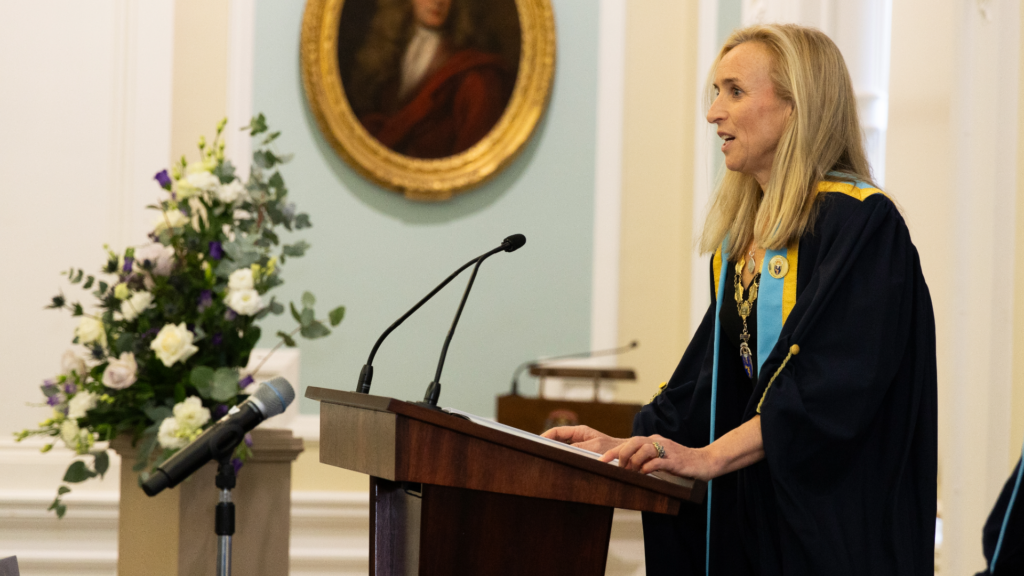GPwER in MSK Pilot launches
The Faculty of Sport and Exercise Medicine UK is thrilled to announce the upcoming launch of a pilot of the accreditation pathway for GPs wishing to be accredited in an extended role in musculoskeletal medicine (GPwER in MSK Medicine).

Over the last few years, the Faculty has been working to better define, promote and protect GPs working in extended roles in MSK medicine settings. GPwER Accreditation is the culmination of a grassroots movement that acknowledged the need for GP’s working in extended roles to be able to demonstrate competency. An initial meeting of GPwER’s and SEM Consultants working in NHS MSK settings was held back in 2018, and the Faculty has been leading the way ever since, collaborating with GP’s and many organisations across the specialty
The result, after terrific work from Dr Giles Hazan, is the FSEM’s GPwER Accreditation programme. It is the Faculty’s hope that GPwER colleagues will join the Faculty as Diplomate Members, accredit via our programme, and contribute to driving meaningful improvements in NHS MSK care as part of our vibrant multidisciplinary membership.
FSEM President, Dr Natasha Jones shared her pride in the progress made with the GPwER in MSK, and explained why it will serve as essential accreditation for GPs.
“I am delighted that, following a wide consultation with key stakeholders, we are announcing the pilot phase of our General Practitioners with extended roles accreditation process.

According to recent data from Versus Arthritis, over 20 million people in the UK live with a musculoskeletal condition. That is nearly 1/3 of the total population. MSK pain disproportionately affects those from lower socio-economic backgrounds, is the third biggest cause of work absenteeism and is estimated to cost the UK around £3 billion annually in working days lost alone. Despite this, MSK medicine remains under-represented in both undergraduate and postgraduate medical curriculums.
In the face of this, upskilling a wider primary care workforce in the management of MSK pain is critically important. GPwER’s provide an essential service, working within wider SEM, physiotherapy, orthopaedic and rheumatology teams to provide accessible, high-quality care across a system.”
The accreditation promises to provide a clear, standardised and credible route for a clinician to evidence their ability to work in an extended role and further their professional development. Initially, the pilot will seek 5-6 GPs currently working in an extended role to undergo the accreditation process. During the pilot (anticipated to last no more than 12 months) prospective candidates for accreditation as GPwERs will need to submit evidence of competency using a range of learning approaches and assessments.
What are the next steps for rollout?
Dr Jones was keen to share what is next in terms of wider implementation, with a huge amount of work already undertaken in developing the accreditation programme.
“We plan to roll this programme out widely in 2025 after we have completed our feasibility phase. I would like to thank Dr Giles Hazan, Dr Chris Tomlinson, and Andrew Cuff for their work on this important initiative and would also like to thank the RCGP for their ongoing support and guidance.”
The Faculty would like to extend its thanks to the Royal College of General Practitioners (RCGP), the British Association of Sport and Exercise Medicine (BASEM), the British Society for Rheumatology (BSR) and the Primary Care Rheumatology and Musculoskeletal Medicine Society (PCRMM), who have endorsed and supported the development of this pilot. The Faculty would also like to thank the FSEM Accreditation Working Group for their significant contributions to the programme.
The pilot will run this year, with applications set to open to Faculty Diplomate Members who have passed the FSEM Diploma in MSK Medicine over the coming weeks.